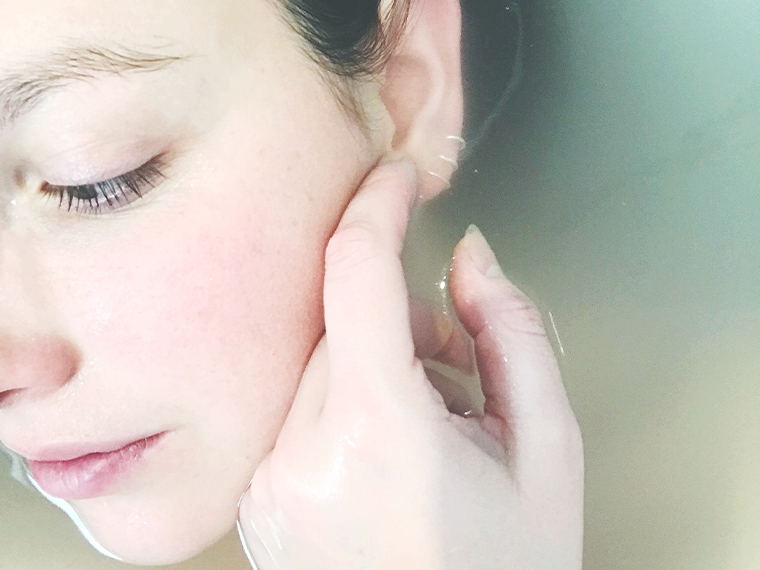When it comes to caring for the largest organ of our body—our skin—finding the right expert is crucial. A dermatologist is a trained medical professional specializing in diagnosing and treating skin, hair, and nail conditions. Whether you’re looking for preventative skin care, battling acne, or need a skin cancer screening, choosing the right dermatologist is an important decision. Here are some tips to help you make an informed choice:
1. Board Certification:
Always ensure that the dermatologist is board-certified by the appropriate national organization. This is an assurance that the doctor has undergone the necessary training and passed exams demonstrating their proficiency in dermatology.
2. Specializations:
Dermatology is broad with various subspecialties such as cosmetic dermatology, pediatric dermatology, and surgical dermatology. Determine your primary needs and then look for a dermatologist who specializes in that area.
3. Recommendations and Reviews:
Word of mouth can be a great starting point. Friends, family, or primary care physicians often have recommendations. Online reviews can also be helpful, but always take them with a grain of salt. It’s essential to look for consistent feedback across various sources.
4. Experience and Expertise:
If you have a specific condition or procedure in mind, check how many such procedures the dermatologist has performed and their success rates. Experience can often translate to expertise, especially in specialized treatments.
5. Before and After Photos (for cosmetic procedures):
If you’re considering cosmetic procedures, dermatologists often have a portfolio of before-and-after photos. This gives you a clear picture of their work quality and the potential outcomes you can expect.
6. Clinic Environment and Technology:
A clean, well-equipped clinic indicates the professionalism of the dermatologist. With skin treatments, technology and equipment are continuously evolving. Ensure the clinic is updated with the latest, most effective technology for your needs.
7. Initial Consultation:
Many dermatologists offer initial consultations. Use this opportunity to assess your comfort level with them. Discuss your concerns, and note their recommendations and the clarity of their communication. It’s important to feel that your dermatologist listens to you and explains procedures or treatments clearly.
8. Insurance and Costs:
While it’s essential to find the best care, it’s equally vital to understand the costs involved. If you have medical insurance, ensure that the dermatologist is in your provider’s network. Always inquire about consultation fees, treatment costs, and any other additional expenses beforehand.
9. Location and Accessibility:
Choosing a dermatologist near your home or workplace can make your visits more convenient, especially if you require multiple sessions.
10. Trust Your Gut:
Lastly, after all the research and consultations, trust your instincts. Your comfort and trust in your dermatologist are crucial for a positive experience and effective treatment.
In conclusion, choosing the right dermatologist requires a blend of research, recommendations, and personal intuition. Your skin’s health is a lifelong journey, and having the right expert by your side makes all the difference. Remember, the right dermatologist for you is the one who listens, understands, and offers the best solutions tailored to your needs.





